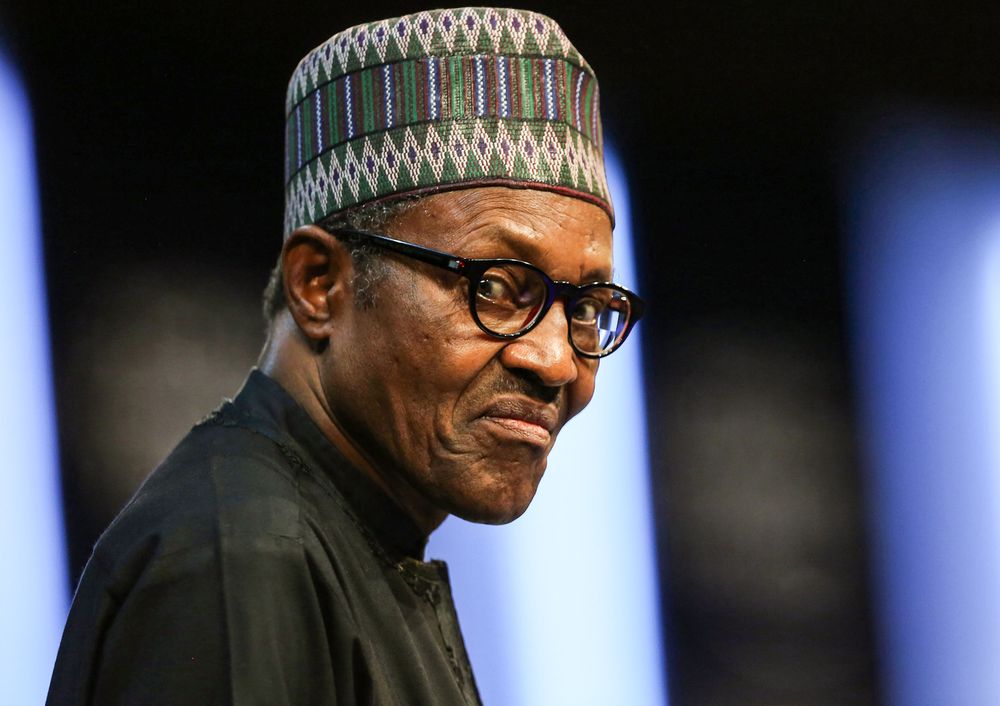Nigeria’s revenue crisis may further worsen as India cuts oil imports by $39.5 billion
- Business
-
May 11
- Share post

The revenue to be earned by Nigeria has come under further threat due to India’s drop in crude oil importation.
The revenue to be earned by Nigeria has come under further threat due to India’s drop in crude oil importation.
Data from India’s Petroleum Planning and Analysis Cell showed that the country, which took over from the United States as Nigeria’s largest crude oil importer, reduced crude oil imports by $39.5 billion in April, compared to the same time the previous year.
According to a report from Punch, the Indian High Commission in Nigeria said that India’s crude oil imports from Nigeria in 2020 amounted to $10.03 billion, representing 17% of Nigeria’s total crude exports for the year.
India has been badly hit by a third wave of the coronavirus pandemic which led to a spike in infections in April and lockdown in major cities with the attendant negative effect on Nigeria’s oil sales.
The NNPC was prompted to drop the official standard price of its main export streams, Bonny Light, Brass River, Erha, and Qua Iboe, by 61-62 cents per barrel, below its April 2021 prices. They traded at $0.9, $0.8, $0.65, $0.97 per barrel respectively, below international benchmarks, as Oilprice.com showed.
India had been a major buyer of the not-too-light and not-too-heavy Nigerian crude that suited its refiners with the Indian Oil Corporation’s refineries reported to be operating at 95% capacity in April, down from 100%.
An official at the IOC was quoted as saying, “If cases continue to rise and curbs are intensified, we may see cuts in refinery runs and lower demand after a month.”
India reportedly bought more American and Canadian oil at the expense of Africa and the Middle East, reducing purchases from members of the Organisation of Petroleum Exporting Countries (OPEC) to around 2.86 million barrels per day.
This is not good news for Nigeria which is facing a serious revenue crisis as a result of a drop in crude oil receipts.
The federal government is also being forced by the prevailing realities to consider cutting the cost of governance and reducing the salaries of government workers. The latter proposal has, however, been criticized by various stakeholders.
A slump in crude oil demand from Nigeria’s major buyer will further worsen the economic crisis the country is facing having just marginally recovered from a recession in the last quarter of 2020.
